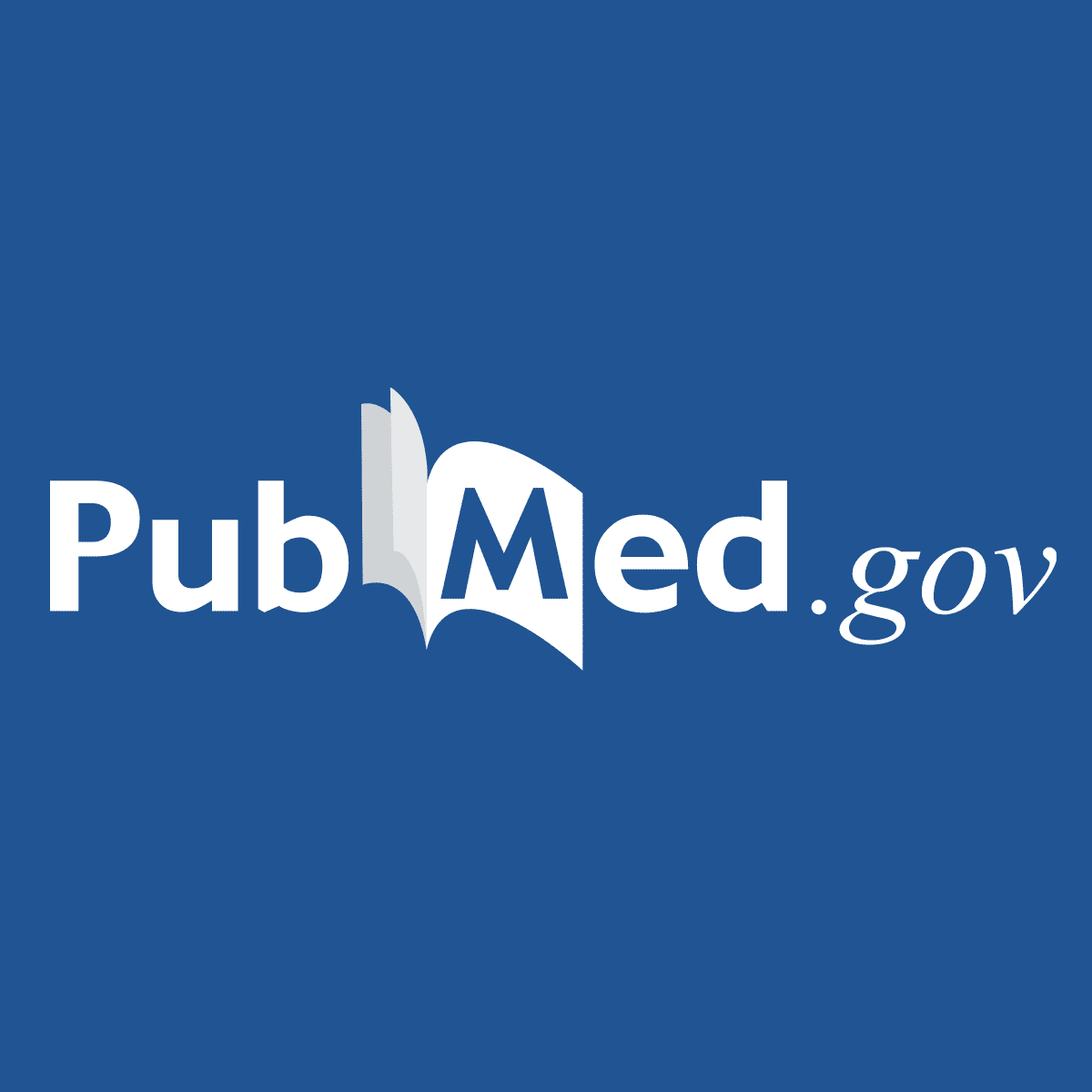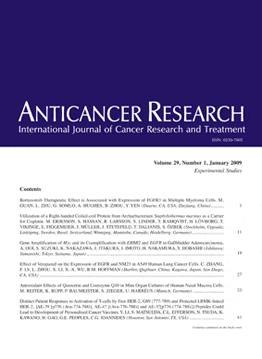Philomath
Member
I am having facial surgery next week. Removal of a tumor, existing fat graft, facial nerves and some cheek skin.
They are grafting nerves from my leg into my face, adding a new fat graft for cosmetic reasons, and “replacing” the skin above the old fat graft for safety (they’ll probably use skin from my arm or back)
So my questions are as follows:
1. What foods will be best for healing (presuming I won’t be eating solid foods that easily, I’d
assume broth, milk, eggs and maybe liver?
2. What’s best for getting nerves to graft, attach and function properly. I’m assuming keeping inflammation low but is inflammation a protective measure?
3. How best to minimize fibrosis and scar tissue?
4. Would Internal lidocaine be beneficial at some point??
Thanks in advance
They are grafting nerves from my leg into my face, adding a new fat graft for cosmetic reasons, and “replacing” the skin above the old fat graft for safety (they’ll probably use skin from my arm or back)
So my questions are as follows:
1. What foods will be best for healing (presuming I won’t be eating solid foods that easily, I’d
assume broth, milk, eggs and maybe liver?
2. What’s best for getting nerves to graft, attach and function properly. I’m assuming keeping inflammation low but is inflammation a protective measure?
3. How best to minimize fibrosis and scar tissue?
4. Would Internal lidocaine be beneficial at some point??
Thanks in advance




